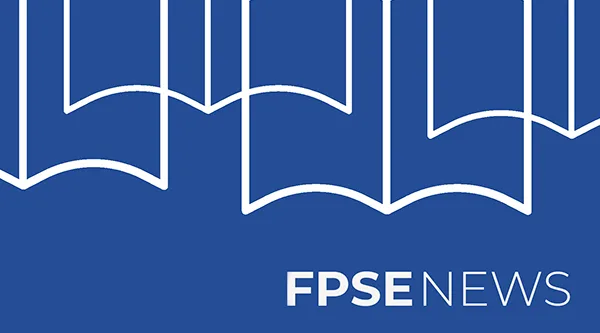Today’s provincial budget continues to make life more affordable for British Columbians. The government has eliminated student loan interest and increased funding for tuition-free Adult Basic Education (ABE) and English Language Learning (ELL). They’ve also introduced a historic First Nations revenue-sharing agreement as part of their work in advancing reconciliation with Indigenous peoples. For too long, many British Columbians have been denied the opportunity to succeed. Budget 2019 removes barriers to opportunity and helps working people across our province.
“This budget has good news for post-secondary, and those who live, learn, and work in BC. Financial barriers to education are being reduced, and actions to improve overall affordability help everyone, including our contract academic staff,” said Terri Van Steinburg, FPSE Secretary-Treasurer.
Post-secondary and opportunities go hand in hand. Our federation was pleased to see the following measures to maintain our public infrastructure through relief, access, and investment in our post-secondary system.
- Relief
Student loan interest eliminated, effective today. - Access
Funding increased for tuition-free ABE and ELL, benefitting an estimated 19,000 students. - Investments
Post-secondary spaces opened across BC, including 2900 tech seats and 620 early childhood educator seats.
The previous provincial government prioritized maximizing private profits over maintaining public institutions for over a decade. Our sector is an excellent example: tuition keeps going up, yet wages for contract academic staff stay down. This budget addresses problems that have persisted for far too long, but it doesn’t solve everything. We need to continue to work with our colleagues in our unions to improve our working conditions, and we’ll need to continue our advocacy to address the larger, systemic problems in post-secondary. By working together to address problems and remove barriers we’ll be able to make our system affordable, accessible, sustainable, and fair.
We’re proud that our members continue to deliver a broad array of courses and specialized skills training, from high school upgrading to computer science and automotive repair. Post-secondary educators prepare learners for the jobs our economy needs, and the knowledge our democracy requires.
